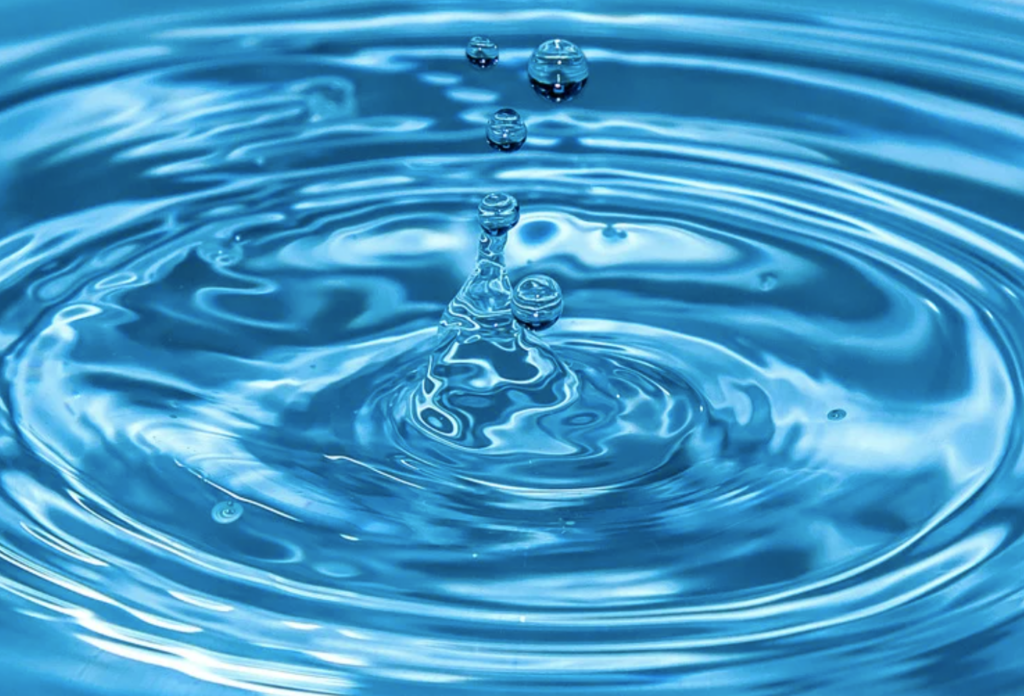
Water is an essential element of life. Our bodies are composed of 60% water, and every system in our body requires it to function correctly. It is vital to drink enough water every day to maintain good health. Studies have shown that staying hydrated can reduce the workload of your heart and improve your overall cardiovascular health.
Your heart is a muscle that pumps blood throughout your body. It works tirelessly, beating approximately 100,000 times a day. When you are dehydrated, your blood becomes thicker, making it more challenging for your heart to pump it through your blood vessels. This can lead to an increase in blood pressure, making your heart work harder than necessary.
Drinking enough water can help to reduce the workload of your heart. When you are adequately hydrated, your blood is thinner, making it easier for your heart to pump it through your blood vessels. This can help to lower your blood pressure, which can reduce the risk of heart disease and stroke.
Staying hydrated is particularly important for people with heart conditions. For example, people with heart failure often have a weakened heart that is less efficient at pumping blood. This can lead to fluid build-up in the body, causing swelling in the legs, ankles, and feet. Drinking enough water can help to reduce fluid retention and swelling, making it easier for the heart to pump blood.
In addition to reducing the workload of your heart, staying hydrated has many other benefits for your cardiovascular health. For example, it can help to reduce the risk of blood clots by keeping your blood flowing smoothly. It can also help to reduce the risk of kidney stones, which can be caused by dehydration.
So how much water should you drink every day to maintain good cardiovascular health? The general rule is to drink at least eight 8-ounce glasses of water per day. However, your water needs may vary depending on your age, sex, weight, and activity level. As a general rule, it is a good idea to drink enough water so that your urine is light yellow or clear.
It is also important to remember that not all fluids are created equal. While drinking soda, coffee, or other beverages can contribute to your daily fluid intake, they can also contain added sugars, caffeine, and other substances that can be harmful to your cardiovascular health. Water is the best choice for staying hydrated and reducing the workload of your heart.
In conclusion, drinking enough water every day is essential for maintaining good cardiovascular health. By staying hydrated, you can reduce the workload of your heart, lower your blood pressure, and reduce the risk of heart disease and stroke. So make sure to drink enough water every day to keep your heart healthy and happy!
Related Articles
Sources
- Riaz, M. H., Athar, M., & Riaz, M. (2018). Effects of dehydration on heart rate and blood pressure in resting conditions. Journal of Ayub Medical College Abbottabad, 30(3), 375-377.
- Hew-Butler, T., Rosner, M. H., Fowkes-Godek, S., Dugas, J. P., Hoffman, M. D., Lewis, D. P., … & Noakes, T. D. (2015). Statement of the Third International Exercise-Associated Hyponatremia Consensus Development Conference, Carlsbad, California, 2015. Clinical Journal of Sport Medicine, 25(4), 303-320.
- Valtin, H. (2002). “Drink at least eight glasses of water a day.†Really? Is there scientific evidence for “8× 8� American Journal of Physiology-Regulatory, Integrative and Comparative Physiology, 283(5), R993-R1004.
- Epstein, M., & Loutzenhiser, R. (2016). Renal effects of antidiabetic agents: sodium-glucose cotransporter 2 inhibitors and dipeptidyl peptidase inhibitors. American Journal of Kidney Diseases, 68(5), 819-828.
- He, F. J., & MacGregor, G. A. (2008). Importance of salt in determining blood pressure in children: meta-analysis of controlled trials. Hypertension, 51(4), 773-779.